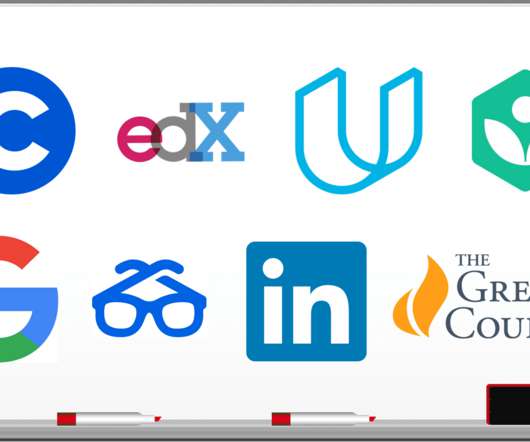Finding Radical Value in Core Competencies
Association Subculture
SEPTEMBER 5, 2013
That was the impetus behind this recent article I wrote for the Midwest Society of Association Executives that was published in their August 2013 issue.). Reframe Delivery – Massive open online courses or “MOOCs” are effectively disrupting the landscape. New technologies are becoming more and more affordable for associations.















Let's personalize your content